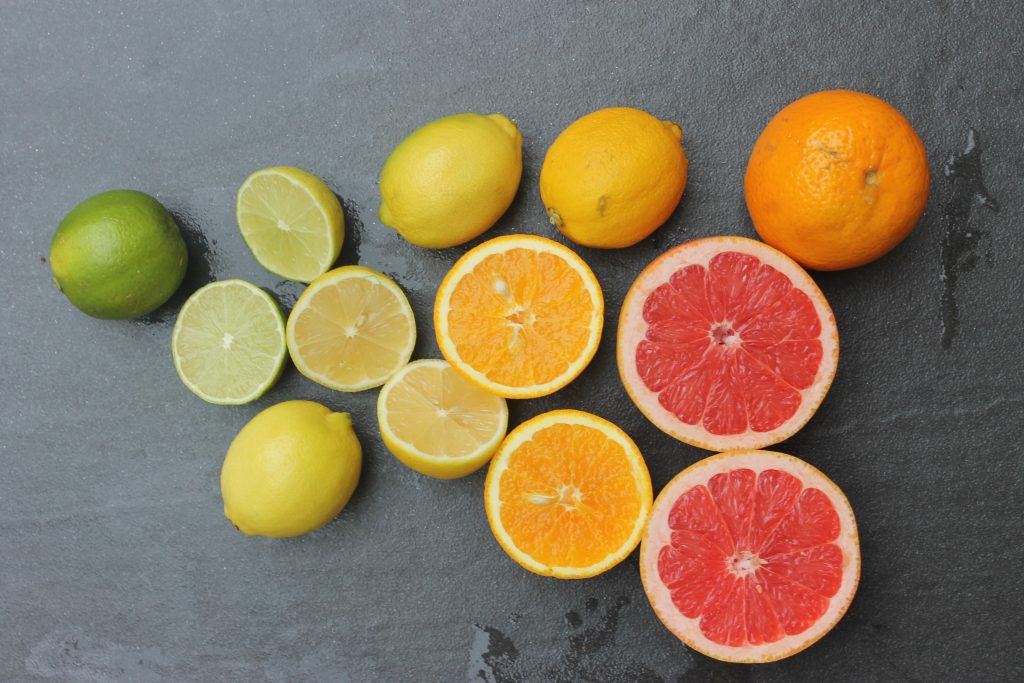
Your are probably bored of hearing about COVID19 and its consequences, so we’ll skip that bit and go straight onto how to help boost your immune system to fight this nasty virus.
White blood cells are an important part of the immune system and need plenty of vitamin C to stay healthy and fight off infections. Here are a couple of hacks to ensure you get all the vitamin C you need:

Fresh fruit and vegetables are high in vitamin C especially citrus fruit, kiwi, broccoli, peppers and tomatoes.
Fruit juices are packed with sugar (even if it is natural sugar!) which fights vitamin C for transport into the cells, so best to eat the whole fruit and avoid juices and juice drinks, especially long life ones and those with added sugar and additives.
Don’t forget that vitamin C is heat sensitive and degrades over time so steam your veggies whenever possible and don’t let them sit around too long either raw or cooked.
A portion = medium sized piece of fruit (eg apple) or a handful of small fruit. For veg: small or cut veg a closed fist, leafy ones = a loose handful.
Vitamin A has anti-viral properties and supports mucous membranes that create a physical barrier between our body and pathogens like COVID19
Almonds, sweet potato, avocado, spinach, sunflower seeds, olive oil.
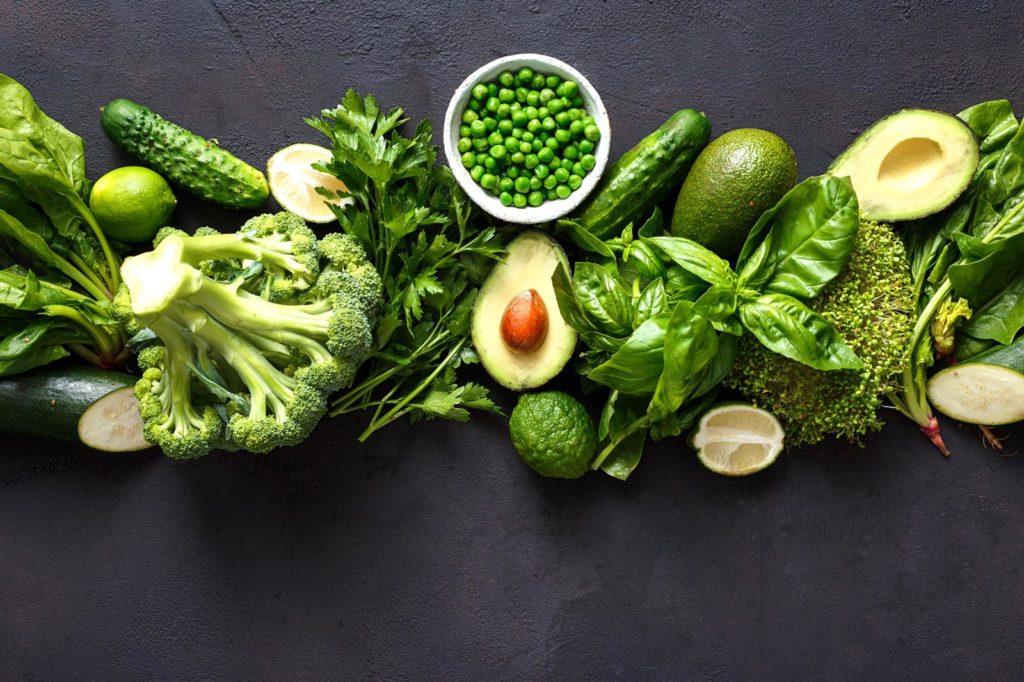
Vitamin E can improve lymphocyte proliferation and therefore support the immune system. Vitamin E contains a mixture of natural tocopherols, all of which act as antioxidants and can help protect against cancer.Avocado is a brilliant source of vitamin E as.
Avocado toast if you can find nice fresh ones or added frozen avocado to your smoothies is a great way to boo this antioxidant. Also, why not add almond butter to toast and smoothies or use ground almonds instead of wheat flour in cakes, pancakes, bakes and even to thicken soups and sauces.
Vitamin D is produced by the skin when we expose it to the sun but in the UK, we don’t get much sunlight in the winter and we are just about to get a lot less if we are requested to stay indoors
Vitamin D plays a very important role in the maintenance of the immune system and deficiency has been identified as a risk factor in viral infections such as the flu – a cousin of COVID19.
Minerals play a very important role in supporting the immune system.
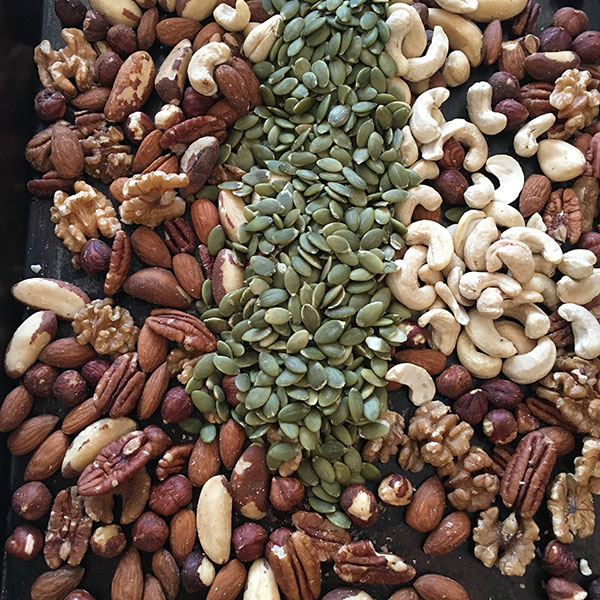
Seafood (try this fish stew for dinner one evening this week, which is also in vitamin E from the almonds), red meat, nuts and seeds which you can add to your morning cereal or enjoy as a snack
Zinc is crucial for normal development and function of cells mediating innate immunity, neutrophils and NK cells and is essential for the production of antibodies that help fight infection. Zinc also helps maintain the integrity of skin and mucosal membranes
Brazil nuts, salmon, seafood, pork
Another less known mineral, selenium, plays an important role in the activity of the cells of the immune system. Snacking on Brazil nuts (2 a day!), roasting a side of salmon for dinner and having the leftovers for lunch pasta and the above kale pesto, and having red meat once or twice a week can boost your selenium reserves.
Bone broth is a good source of L-Glutamine to support your mucous membranes which are the first line of immune defence and also plenty of easy to absorb protein to support immunity.
Soups are a great way to get your nutrition up especially if unwell.
Include — Butternut squash betacarotene, chicken for protein, bone broth for L- glutamine, miso paste (don’t boil it!) for probiotics, nuts and seeds for good fats and zinc/selenium
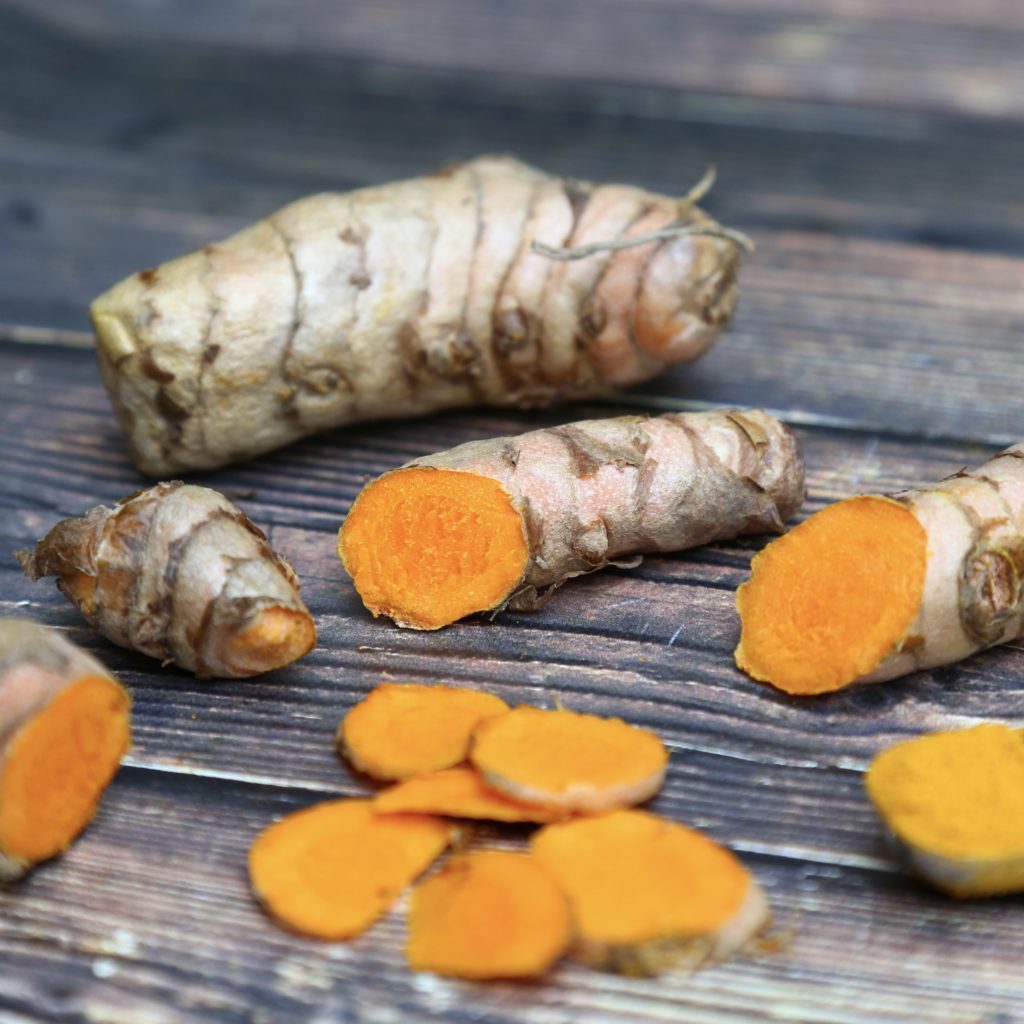
These foods have immune modulating and anti-inflammatory properties – eat them daily: ginger and turmeric in your smoothies and soups as well as tea, garlic in your sauces, stir fries etc.
Live yogurt, kefir, miso, kombucha, kimchi, sauerkraut
Probiotics support the flora in your gut, nose, mouth and lungs which in turn can positively influence immune responses. Probiotics also can maintain a healthy gut that in turn can increase nutrient absorption
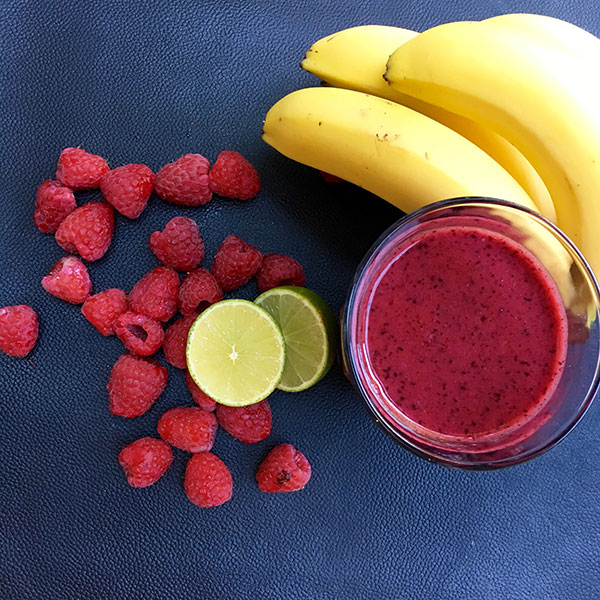
If you are unwell and do not feel like eating much, a smoothie can provide plenty of the nutrients needed for immunity especially if you add nuts seeds, mango, green leafy veg, etc
TIP: You can make them with frozen fruit/veg if you are self-isolating
Oats, barley, and wheat, baker’s yeast, shiitake and reishi mushrooms., seaweed and algae
Betaglucan is a soluble fibre found in the cell walls of cereals, mushrooms and seaweed. These group of β-D-glucose polysaccharides act as immunomodulators, they don’t stimulate the immune system just make it work better and more efficiently
Eggs, Chicken, pork, beef, fish, seafood, beans, pulses, dairy, tofu, duck, nuts, seeds
Protein is needed for great and repair of tissues and also our immunity needs protein to build the cells involved in the immune response . However, too much protein in the diet increases the acidity in our body which in turn reduces the activity of our immune system.
Choose leaner cuts to avoid high levels of saturated fats and avoid processed meats as they contain additives and also more fat.
Bean dishes are a great option as they are high in fibre and low in fat.
A portion of animal protein = size of your palm and vegetarian protein like beans and pulses – two cupped handfuls
Here is a list of protein sources including veggie ones that need to be eaten with a grain to provide all essential aminoacids
And of course…limit sweets intake because sugar temporarily depresses the immune system for up to 5 hours, lowering its ability to fight off infections.
Exclude — White bread, white pasta, white rice, cakes, biscuits, sweets, chocolate and switch to wholegrains like quinoa, buckwheat, wholegrain pasta, brown rice.
Avoid refined carbs as they can damage mucous membranes via oxidation and research shows high intakes of sugar or processed carbs can depress the immune response.
Reduce alcohol to a maximum of 2 drinks, 2x a week as research indicates that high alcohol intake limits the conversion of vitamin D into its active form and depletes zinc and reduces the absorption of vitamin C.
Alcohol also impairs mucosal immunity in the gut and lower respiratory system aiding virus survival.
Exclude/Reduce — coffee, coca-cola, energy drinks, chocolate, tea in excess
Caffeine depresses immunity as too many coffees deplete levels of minerals such as zinc and iron, necessary to maintain the healthy immune system.
Sleep boosts immunity and helps modulate the immune response
When focusing on getting a better night’s sleep, both quality & quantity matter because during those, ideally, 8 hours for adults (10 hours plus for children) a night is when our body repairs and recovers.
Good sleep improves immune cells known as T cells as well as supports the production of melatonin that acts on both the innate and specific responses of the immune system via combined mechanisms that mainly involve the modulation of cytokines and the production of oxidative stress.
Melatonin might act as an immunostimulant under immunosuppressed conditions, providing a pre-activated state for a more effective early immune response against external stressors, such as viruses and parasites.
Try to get to bed by 10 or 10:30pm and get 8hrs of good quality sleep. More on how to improve your sleep here
Prolonged exposure to cortisol, the hormone that support us through continued stress, can dysregulate the immune system
Stress includes lack of sleep, emotional stress, excess weight, physical stress (eg intense exercise), disease, working long hours, etc
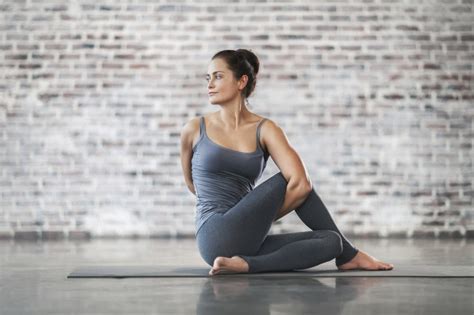
Yoga, meditation, reading a book, having a bath or just a few minutes of meditation is all you need to relax a little bit. Build relaxation breaks into your daily routine using resources like Headspace or Gaia
Although we do not know exactly why physical exercise helps to strengthen our immune system there are plenty of theories: exercise helps flush viruses and bacteria out of our lungs or maybe the increase in body temperature during a good workout prevents microbe proliferation.
Please do get in touch if you have any questions and …stay healthy and strong!
Pilar xx